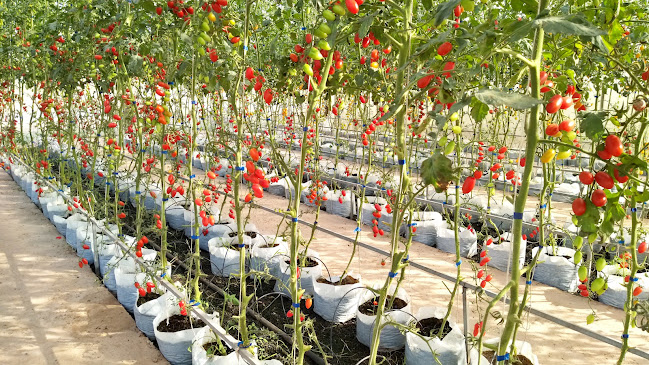What is the SafeAgroMENA Project?
Project Title: Reuse of nutrient-rich treated wastewater for a food self-sufficiency in MENA: Addressing health concerns of emerging contaminants of small-scale farmers through agro-ecological tools (SafeAgroMENA)
Target Countries: Egypt, Jordan, Iraq
Duration: 2022 - 2026
Funded under IHE Delft Water and Development Partnership
Programme (DUPC) by the Ministry of Foreign Affairs in the Netherlands
Project Partners: Royal Scientific Society (RSS), Nile University (NU), Benaa Foundation, Organic Valley Association for community development and organic agriculture, Holding company of Water and Wastewater (HCWW), Society of Women's Hemah, Mutah University, Ministry of Water and Irrigation - Water Authority of Jordan (WAJ/MWI), Basrah University, and Agricultural Directorate of Basra.
Summary of the project: The Middle East and
North Africa (MENA) region is one of the driest regions in the world where less
than 1% of freshwater resources are available for nearly 600 million
inhabitants. The increased competition between urban and rural users over the
scarce freshwater supplies resulted in highlighting the prominent role of
non-conventional water resources. Hence, most MENA region countries are scaling
up the reuse of treated wastewater in agriculture while transferring freshwater
to priority uses. These multidimensional challenges sparked the interest of the
partners' organization to develop this project
Project Objectives:
- To analyze how treated wastewater (as water irrigation source) is distributed, accessed, managed, and reused.
- To develop socio-economic, and institutional assessments for the target communities.
- To design and implement roadmaps through the multi-stakeholder process and integrated participatory approach for greater safe uptake through adopting agro-ecological interventions.
- To enrich existing educational programs (MSc, professional program, short courses, training sessions) in target countries with lessons learned and research findings.
- To facilitate knowledge exchange and disseminate success stories, lessons learned, and findings with IHE Delft on one hand and across all partnered countries on the other hand.


Comments
Post a Comment